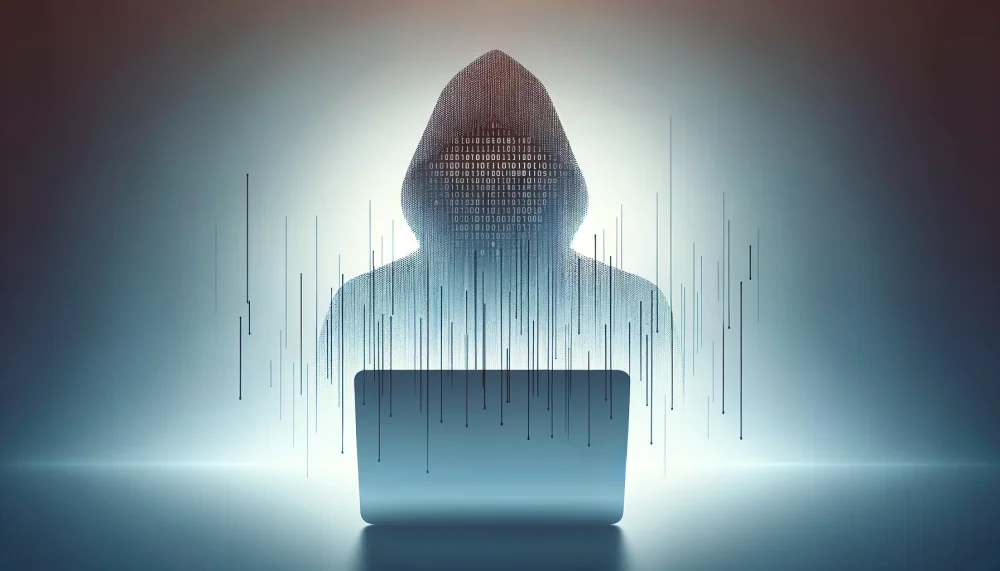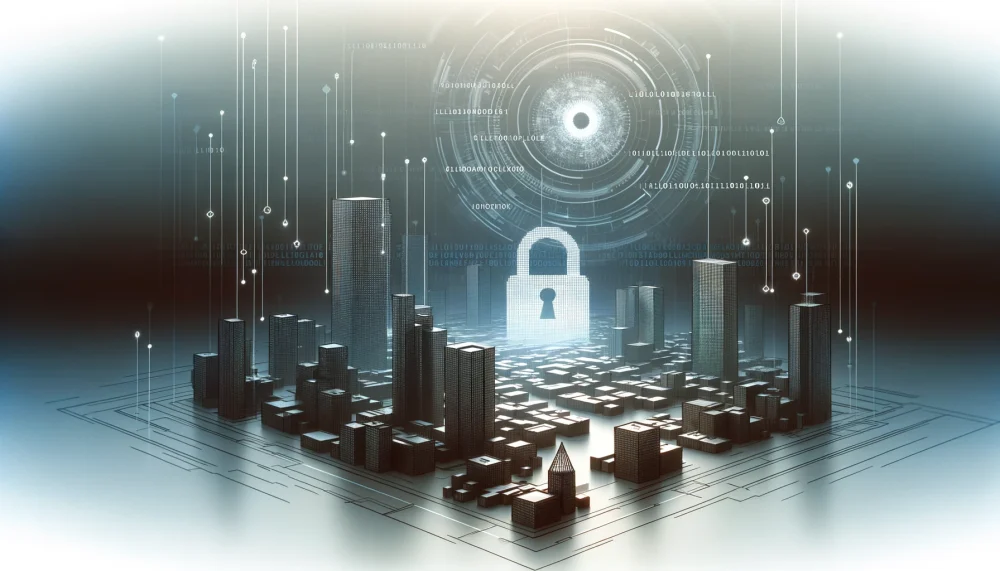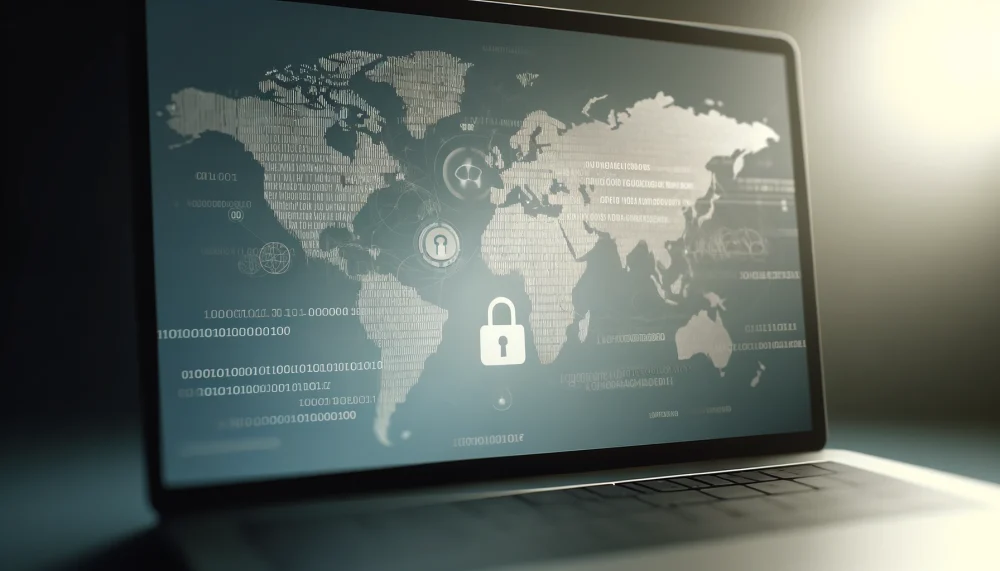Maxicare Healthcare Corporation Suffers Data Breach, Alerts Members
Maxicare Healthcare Corporation has alerted its members of a potential data breach compromising personal and medical information discovered on June 13, 2024. The breach involved data submitted to Lab@Home, a third-party service. Maxicare reassured members that no immediate action is needed and is actively minimizing further risk with ongoing investigations. The company has informed the National Privacy Commission and is urging vigilance while enhancing cybersecurity measures.SSL.com’s Client Authentication certificates can significantly fortify these protective measures by verifying the identities of all users accessing sensitive systems, ensuring that only authorized personnel can view or manipulate critical data. The deployment of SSL.com’s Client Authentication certificates across an organization’s network also helps in establishing a more secure and resilient infrastructure, making it harder for unauthorized actors to gain access through stolen credentials or other common attack vectors.
Secure Access, Protect Integrity

Cyber Espionage Escalates: Ukraine’s Defense Forces Under Attack
The Computer Emergency Response Team of Ukraine (CERT-UA) has warned of a new cyber espionage campaign called “SickSync” targeting Ukrainian defense forces, attributed to the threat actor UAC-0020 (Vermin). This campaign uses spear-phishing emails with a trojanized SyncThing application to deliver the SPECTR information-stealing malware. SPECTR’s capabilities include screenshot capture, file harvesting, USB data collection, and credential theft, using SyncThing’s synchronization functionality for data exfiltration. CERT-UA also reported social engineering attacks using the Signal app and malicious Excel documents targeting the Ukrainian Ministry of Defense, emphasizing the need for up-to-date security protocols against such threats.SSL.com’s S/MIME certificates provide an essential layer of security by offering end-to-end encryption for emails, thereby protecting sensitive data from unauthorized access during transmission. Additionally, the digital signing of emails certifies the sender’s identity to the recipient, which is crucial in preventing impersonation attacks often seen in spear-phishing campaigns.
Encrypt Emails, Verify Senders

North Korean Hackers Deploy New Dora RAT in South Korean Cyberattacks
Andariel, a North Korea-linked threat actor, has launched cyberattacks against South Korean educational institutes, manufacturing firms, and construction businesses using a new Golang-based backdoor called Dora RAT, reported by AhnLab Security Intelligence Center (ASEC). The attacks exploited vulnerable Apache Tomcat servers to distribute malware, including a variant of Nestdoor, with Dora RAT providing reverse shell and file transfer functionalities, some samples signed with a valid UK certificate to evade detection. Andariel’s toolkit also included a keylogger, information stealer, and SOCKS5 proxy, with a recent shift towards financially motivated attacks. These incidents highlight the persistent cyber threats from state-sponsored North Korean groups, emphasizing the need for enhanced cybersecurity measures in targeted sectors.SSL.com’s eSigner service enhances this protective framework by providing a cloud-based code signing solution that ensures all software releases are authenticated and untampered, adding an essential layer of trust and security. Moreover, SSL.com’s pre-signing malware scan service can be integrated with eSigner in order to detect and stop any compromised code before it becomes part of the software supply chain. This aligns seamlessly with the need for heightened vigilance and security measures highlighted by the ongoing threats faced by South Korean institutions.
Authenticate Code, Ensure Integrity

BlackSuit Ransomware Behind CDK Global’s Massive IT Outage
CDK Global, a major SaaS provider for car dealerships, is experiencing a significant IT outage due to an attack by the BlackSuit ransomware gang, disrupting operations across North America and forcing dealerships to revert to manual processes. The company shut down its IT systems and data centers to contain the attack, including its car dealership platform, and is negotiating with the ransomware gang to obtain a decryptor and prevent data leaks. BlackSuit, suspected to be a rebranded version of the Royal ransomware operation, has caused additional cybersecurity incidents during restoration attempts. CDK Global has warned dealerships of potential social engineering attempts by threat actors posing as CDK agents, emphasizing the ongoing threat of ransomware attacks and their impact on business ecosystems.SSL.com’s Client Authentication certificates can provide a robust layer of security by ensuring that only devices with verified certificates can access network resources, thus helping to mitigate the risk of unauthorized access. By integrating SSL.com’s digital certificates, organizations can enhance their security posture and protect sensitive data from being compromised during such cybersecurity incidents.
Authenticate Access, Enhance Security
New SSL.com article: Streamlining Digital Signature Workflows with eSigner Integration
We are delighted to share our new article that discusses how our eSigner digital signing service represents a significant development in cybersecurity, particularly for enhancing digital transaction security and efficiency. The article explains how eSigner offers a robust, cloud-based solution that integrates seamlessly into existing workflows, ensuring that digital signatures are not only legally binding but also embedded with a user’s identity. This advancement provides businesses with a flexible and secure method to handle digital signatures, underpinned by the assurance of SSL.com’s trusted Certificate Authority status. Furthermore, eSigner’s variety of integration options, including direct API access and a simplified Java command-line tool, reflects SSL.com’s commitment to accessibility and customization in digital security solutions. The introduction of the Document Signing Gateway, an on-premises solution, highlights a pivotal shift towards more controlled and secure data handling practices, essential for sensitive environments. These innovations not only bolster the security posture of businesses but also align with stringent compliance requirements, making SSL.com’s eSigner an indispensable tool in the modern digital landscape.SSL.com Announcements
SSL.com’s S/MIME Certificates can now be integrated with an LDAP-enabled network
LDAP (Lightweight Directory Access Protocol) is an industry-standard protocol for accessing and managing directory information services. It is commonly used for storing and retrieving information about users, groups, organizational structures, and other resources in a network environment.
Integrating LDAP with S/MIME certificates involves utilizing LDAP as a directory service to store and manage user certificates.
By integrating LDAP with S/MIME certificates, organizations can centralize certificate management, enhance security, and streamline the process of certificate retrieval and authentication in various applications and services that leverage LDAP as a directory service.
Contact sales@ssl.com for more information on LDAP integration.



